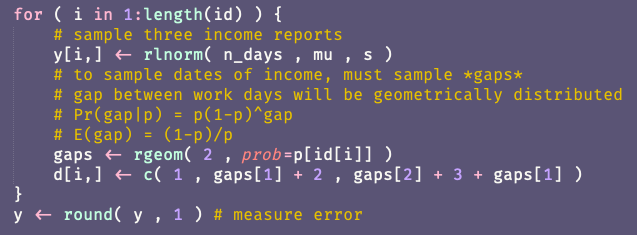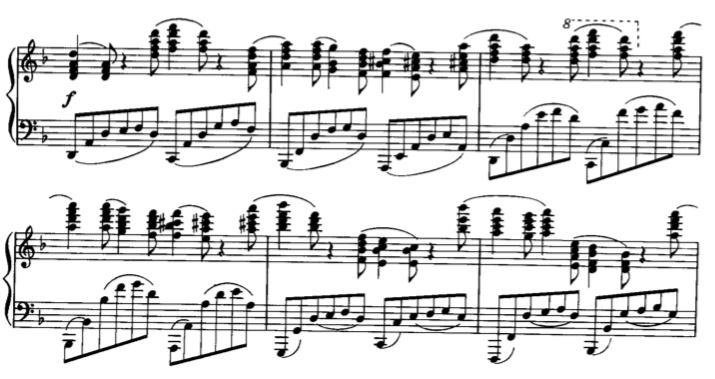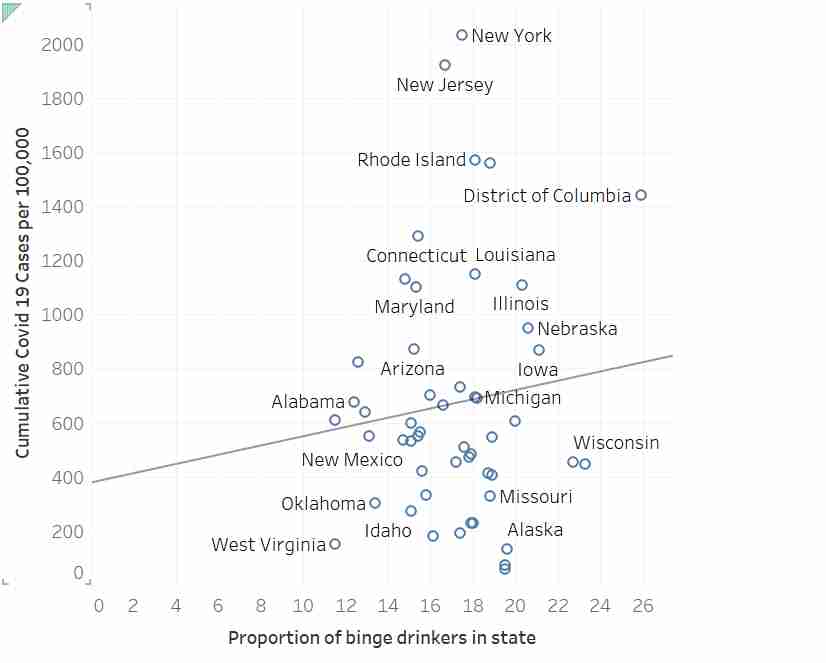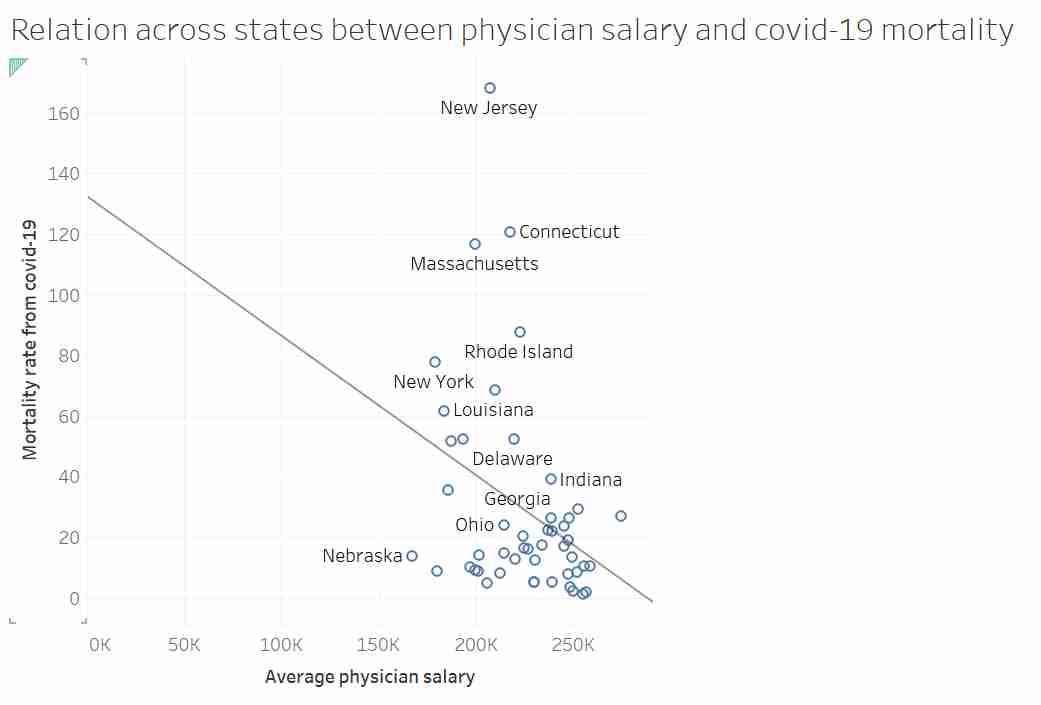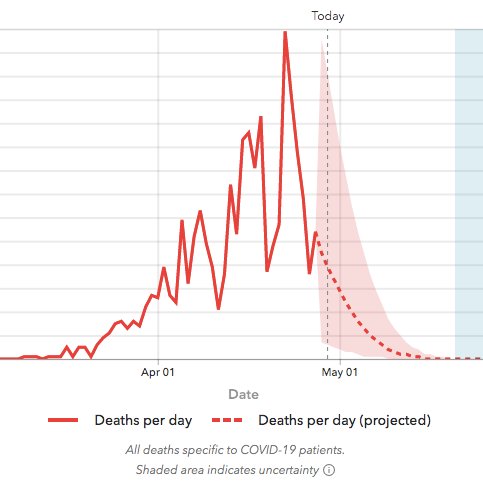I used to teach game theory, both undergrad & phd levels. One game I would do at start is version of Keynesian beauty contest: everyone picks a number 0-100, person closest to 2/3 of average wins. Nash is 0. But anyone choosing 0 loses, bc the class aren't (yet) game theorists. >
Students who had previous exposure to game theory would get mad at the class. "You have to choose zero!" They were robbed of victory by the dumb majority. But this is how society works. Gotta have the right model of the distribution of strategies. >
Anyway relevant paper by @CFCamerer and colleagues: researchgate.net/publication/24…
• • •
Missing some Tweet in this thread? You can try to
force a refresh

 Read on Twitter
Read on Twitter






